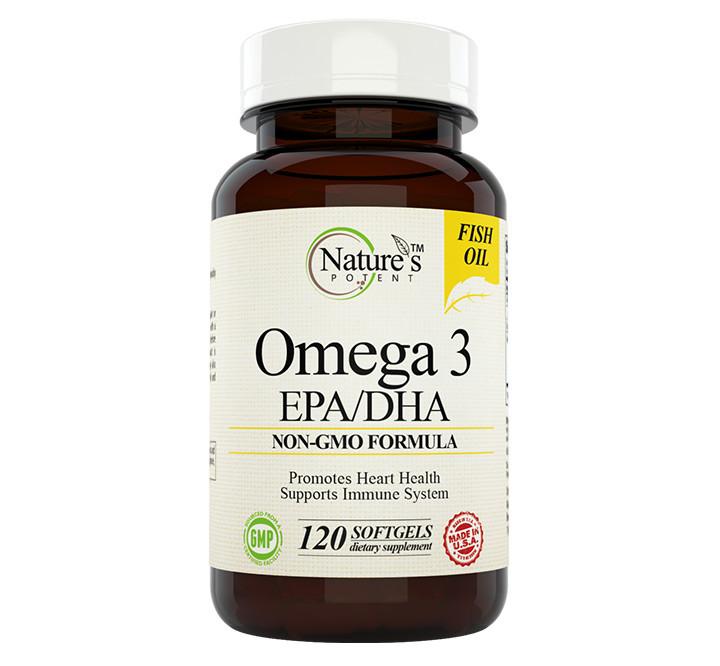Omega-3 Essential Fatty Acids May Benefit Cystic Fibrosis Patients, Mouse Study Suggests
Written by |

Dietary supplementation with a type of omega-3 essential fatty acid during pregnancy and in offspring for 60 days after birth improved the growth defects and reduced lung damage in a mouse model of cystic fibrosis (CF), a study reports.
The study, “Long-term dietary (n-3) polyunsaturated fatty acids show benefits to the lungs of Cftr F508del mice,” was published in the journal Plos One.
Accumulation of excess mucus due to mutations in the cystic fibrosis transmembrane conductance regulator (CFTR) gene facilitates the growth of bacterial pathogens like Pseudomonas aeruginosa in CF patients. Pseudomonas infection promotes the loss of lung function, and remains the leading cause of death and complications in CF patients.
CFTR mutations block the uptake of essential fatty acids, especially those called omega-3 long-chain polyunsaturated fatty acids (LC-PUFA), which activate key anti-inflammation signaling pathways.
Some clinical studies have investigated the effects of supplementing the diet of cystic fibrosis patients with omega-3 LC-PUFA, but the evidence is still scarce, and further studies are required to establish the potential benefits of routine use of these supplements.
Inconsistencies found in the research may be due to to the diversity of CFTR mutations and varying sources and dosages of omega-3 LC-PUFA used in different studies.
“Animal models may greatly help by reducing inter-individual genotype variability in a controlled environment,” the researchers wrote.
They used a mouse model of cystic fibrosis, called Cftr F508del mice, to investigate the potential beneficial effects of a long-term diet enriched with omega-3 LC-PUFA on lung function and inflammation.
The CF mice received either a standard (control) diet or a diet supplemented with two types of omega-3 LC-PUFA, called eicosapentaenoic acid (EPA) and docosahexaenoic acid (DHA). Each group of mice received the diet for five weeks before mating, and during pregnancy and the lactation period.
Their CF pups continued to receive the same diet for 60 days after birth.
Twenty-one days after birth, the pups fed a control diet exhibited a growth delay, which was maintained into adulthood, compared with wild-type, or non-diseased, mice. Dietary supplementation with the two essential fatty acids corrected this growth delay in male CF mice until they were similar to the wild-type mice.
“In humans, growth retardation is a hallmark of CF in children and is correlated with the severity of lung disease,” the researchers wrote.
The researchers then looked at the effects of the diet on the lungs. The CF mice fed a control diet exhibited lung damage, infiltration of inflammatory cells, and hyperplasia of bronchial epithelial cells, or proliferation of mucus-producing cells.
The omega-3 LC-PUFA diet decreased the proliferation of mucus-producing cells. After inducing lung inflammation with a protein from the P. aeruginosa bacteria, researchers also saw that the fatty-acid enriched diet regulated the early inflammatory response in the lungs triggered by the bacterial protein.
In CF mice, a fatty-acid enriched diet decreased the rate of metaplasia, or abnormal change, of mucus-producing cells in the lungs, which promotes the continuous mucous production and airway obstruction, compared with those fed a control diet. However, the fatty acid diet increased the levels of inflammatory signals, or cytokines, and the recruitment of immune cells, namely neutrophils.
“The increased cytokines and inflammatory cells … we found in our model could potentially be worse than beneficial,” but this may be influenced by the dose and timing of the fatty acid diet, according to the researchers.
These results suggest that early dietary supplementation with omega-3 LC-PUFA in pregnant mothers may improve lung function in children with CF, the study concluded.






